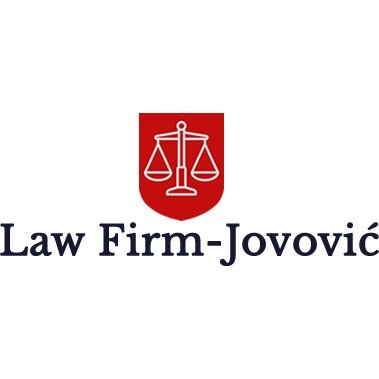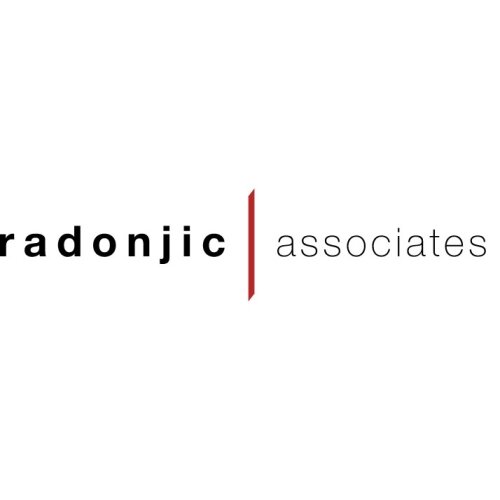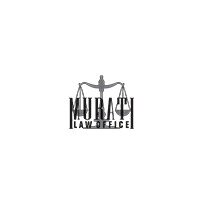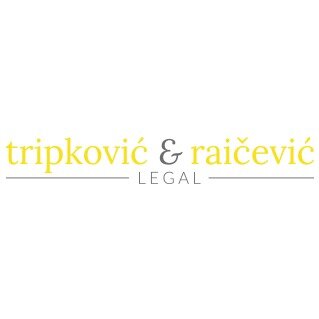Best Conveyancing Lawyers in Montenegro
Share your needs with us, get contacted by law firms.
Free. Takes 2 min.
Free Guide to Hiring a Real Estate Lawyer
Or refine your search by selecting a city:
List of the best lawyers in Montenegro
About Conveyancing Law in Montenegro
Conveyancing in Montenegro refers to the legal process of transferring ownership of real estate from one party to another. This includes the sale or purchase of apartments, houses, land, and commercial properties. The process involves various steps such as conducting due diligence, drafting and signing contracts, registering the transfer, and settling any applicable taxes and fees. Conveyancing law in Montenegro is primarily regulated by the Law on Property and Other Real Rights, the Law on State Survey and Cadastre, and complementary acts. All real estate transactions must be completed in accordance with local legal requirements to ensure that property rights are properly transferred and protected.
Why You May Need a Lawyer
Engaging a lawyer specializing in conveyancing is highly recommended for both buyers and sellers of property in Montenegro. Common situations where legal help is beneficial include:
- Reviewing and drafting sale-purchase agreements to ensure terms are fair and legally sound
- Conducting due diligence to verify the legal status of the property and detect encumbrances or unpaid debts
- Handling negotiations with the other party or their legal representatives
- Assisting foreign buyers unfamiliar with local property laws and procedures
- Managing the registration of ownership in the Real Estate Cadastre
- Ensuring compliance with local zoning, urban planning, and tax obligations
- Resolving disputes arising from unclear property boundaries, inheritance, or co-ownership
Local Laws Overview
Conveyancing in Montenegro is governed by several laws and regulations. Important points include:
- Ownership Verification: All property must be registered in the Real Estate Cadastre maintained by the local authorities. This registry reflects the legal status, ownership, and any encumbrances on the property.
- Notarization: Sale-purchase agreements must be drafted or certified by a licensed notary public in Montenegro for the contract to be valid.
- Foreign Ownership: Citizens of most countries can acquire property in Montenegro, with some limitations on agricultural land and properties near borders.
- Registration: The transfer of ownership must be registered in the Real Estate Cadastre. Only upon registration does the buyer become the legal owner.
- Taxation: Transaction-related taxes such as property transfer tax (typically 3 percent) and notary fees apply. New property or constructions may have value added tax (VAT) implications.
- Due Diligence: It is essential to verify that the property is free from mortgages, disputes, or inheritance claims before completing the purchase.
Frequently Asked Questions
What is the first step when buying property in Montenegro?
The first step is to conduct thorough due diligence, including verifying the ownership, legal status, and any restrictions or debts on the property with the Real Estate Cadastre. Engaging a lawyer at this stage is useful to avoid surprises.
Do I have to be physically present in Montenegro to buy real estate?
No, you do not need to be physically present. You can authorize a local lawyer or representative via a notarized power of attorney to act on your behalf in all matters related to the transaction.
Is title insurance available in Montenegro?
Title insurance is not standard in Montenegro. Instead, the legal system relies on public registries and notarial certification to ensure proper transfer of title and protection of buyers’ rights.
Can foreigners buy property in Montenegro?
Yes, foreigners may acquire real estate in Montenegro with few restrictions, mainly excluding agricultural land or property in certain border areas subject to national security regulations.
How long does the conveyancing process take?
Typically, the process takes between several weeks and several months, depending on the complexity of the transaction and the efficiency of the involved parties and authorities. Delays can arise from incomplete documentation or additional checks.
What are the main taxes and fees?
Buyers generally pay a property transfer tax (about 3 percent of the property value) and notary fees. There may also be a registration fee and, for new properties, VAT may apply.
Is a lawyer mandatory for conveyancing in Montenegro?
While not legally required, hiring a lawyer is strongly recommended to safeguard your interests, particularly if you are unfamiliar with local procedures or do not speak Montenegrin.
What documents are required for property transfer?
Key documents include a government-issued ID or passport, the property deed, an excerpt from the Real Estate Cadastre, and the notarized sale-purchase agreement. Additional documents may be necessary depending on the property type.
How is ownership officially transferred?
Ownership is legally transferred once the new owner is registered in the Real Estate Cadastre after the signing and notarization of the sale-purchase contract and payment of all applicable taxes and fees.
What risks should buyers be aware of?
Potential risks include undisclosed encumbrances, disputes over boundaries, incomplete paperwork, co-ownership issues, and zoning violations. This is why legal assistance and proper due diligence are essential.
Additional Resources
If you need more information or assistance, consider consulting these resources and organizations:
- Local law firms specializing in real estate and property law
- The Chamber of Notaries of Montenegro for information about licensed notaries
- The Real Estate Administration (Uprava za nekretnine) for access to the Cadastre
- Ministry of Justice and Ministry of Sustainable Development and Tourism for regulatory guidelines
- Foreign embassies in Montenegro, which often provide legal references and guides for their citizens
Next Steps
If you are considering buying or selling real estate in Montenegro, follow these steps:
- Contact a qualified local lawyer experienced in conveyancing to guide you through the process
- Request a preliminary check of the property status, including title, encumbrances, and compliance with regulations
- Work with a licensed notary to prepare and notarize your sale-purchase agreement
- Settle the required taxes and administrative fees on time
- Ensure that the transfer of ownership is properly registered in the Real Estate Cadastre
- Keep copies of all documents for your records and future reference
Legal professionals can help you avoid costly mistakes and ensure a smooth transfer of property rights in accordance with Montenegrin law. Do not hesitate to seek expert legal advice for your conveyancing needs.
Lawzana helps you find the best lawyers and law firms in Montenegro through a curated and pre-screened list of qualified legal professionals. Our platform offers rankings and detailed profiles of attorneys and law firms, allowing you to compare based on practice areas, including Conveyancing, experience, and client feedback.
Each profile includes a description of the firm's areas of practice, client reviews, team members and partners, year of establishment, spoken languages, office locations, contact information, social media presence, and any published articles or resources. Most firms on our platform speak English and are experienced in both local and international legal matters.
Get a quote from top-rated law firms in Montenegro — quickly, securely, and without unnecessary hassle.
Disclaimer:
The information provided on this page is for general informational purposes only and does not constitute legal advice. While we strive to ensure the accuracy and relevance of the content, legal information may change over time, and interpretations of the law can vary. You should always consult with a qualified legal professional for advice specific to your situation.
We disclaim all liability for actions taken or not taken based on the content of this page. If you believe any information is incorrect or outdated, please contact us, and we will review and update it where appropriate.
Browse conveyancing law firms by city in Montenegro
Refine your search by selecting a city.
















